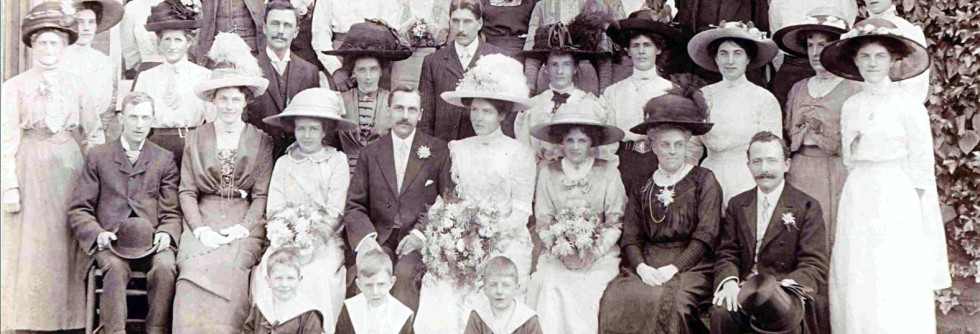
A Victorian Police Constable by Ellen Maki, Ph.D.
 Police constables in late Victorian London (England) patrolled beats that were on average 7.5 miles (12 km) in length. Patrolling was not limited to daytime, though; beat walking continued on through the night. The night beats were generally shorter – only about 2 miles long. With the appearance of motorised cars in 1890, the policeman’s duties expanded to include point duty: directing traffic. All of these duties had their challenges. Monotony seems to have been an issue, especially during nighttime patrols. There were dangers from motorised traffic getting too close, and injuries could be sustained in the prevention of crime and the apprehension of criminals.… Continue reading
Police constables in late Victorian London (England) patrolled beats that were on average 7.5 miles (12 km) in length. Patrolling was not limited to daytime, though; beat walking continued on through the night. The night beats were generally shorter – only about 2 miles long. With the appearance of motorised cars in 1890, the policeman’s duties expanded to include point duty: directing traffic. All of these duties had their challenges. Monotony seems to have been an issue, especially during nighttime patrols. There were dangers from motorised traffic getting too close, and injuries could be sustained in the prevention of crime and the apprehension of criminals.… Continue reading









